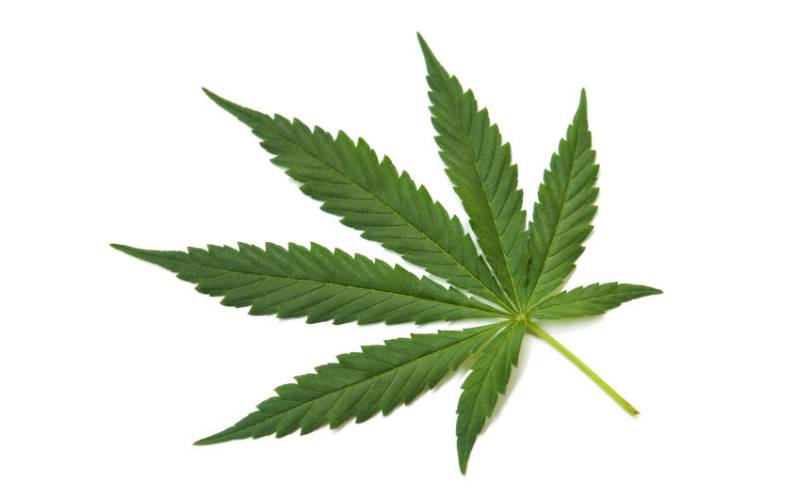×
The Standard e-Paper
Smart Minds Choose Us

In medicine, Hemp is used in manufacture of drugs to treat arthritis, asthma, cough and warts. [Courtesy]
Developed countries are falling over each other to legalise marijuana and its sister-Industrial Hemp. Kenya has a Bill laying eggs in Parliament over legalising the same. While marijuana and Hemp are from the same cannabis family, they’re different: weed is a recreational, intoxicating substance, Hemp, on the other end of the joint, is a sub-species of the cannabis plant with benefits of industrial proportions.